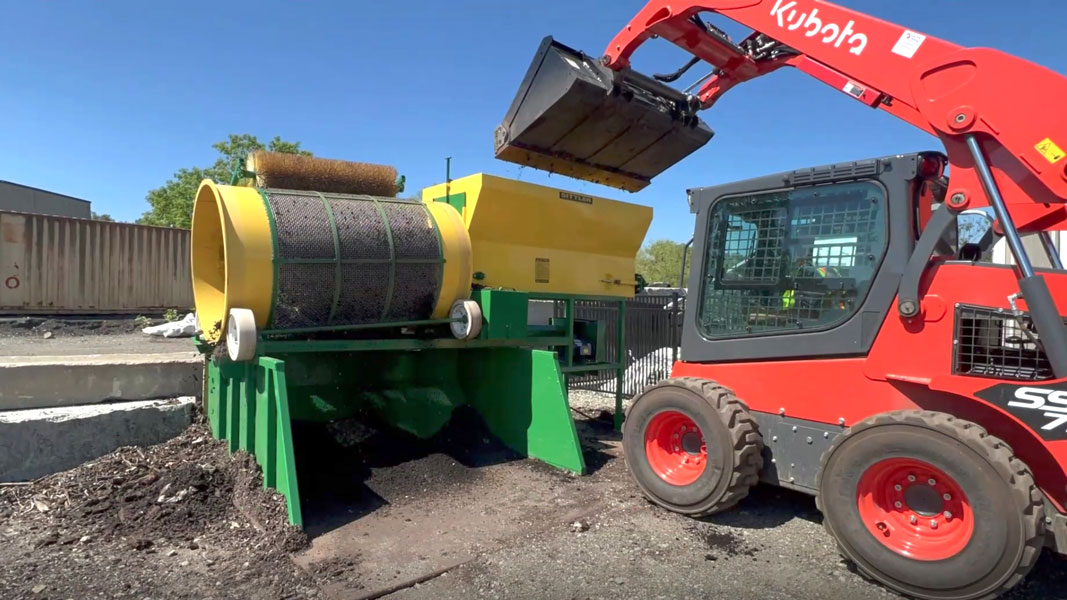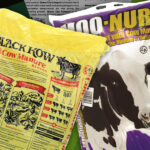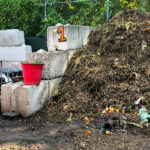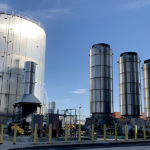Top: Compost is screened at Ridgefield, Connecticut’s solar-powered aerated static pile food waste recycling site. Image courtesy Town of Ridgefield, Connecticut
The Connecticut Department of Energy and Environmental Protection (DEEP) awarded $15 million in grant funds to develop small- to medium-scale waste management infrastructure through its inaugural Materials Management Infrastructure (MMI) Grant Program in March. The state’s largest investment in local and regional waste management infrastructure to date was made available through a competitive application process to Connecticut municipalities, councils of government, and regional waste authorities to support the development of waste management infrastructure in direct response to solid waste disposal challenges — primarily caused by closure of the state’s largest MSW incinerator several years ago — that are impacting these entities. The MMI grant program awards will result in local investment in waste separation and sorting infrastructure; composting and anaerobic digestion facilities; food scraps/food waste collection and processing equipment; infrastructure for managing hard-to-recycle materials such as plastic film and glass; and establishing a regional materials reuse exchange shop.
Awardees include:
- The Housatonic Resources Recovery Agency (HRRA) received $779,850 to expand residential food scraps collection and composting. Among the initiatives are installing an in-vessel composting system supplied by Green Mountain Technologies in the town of Kent, buying a bagging system for HRRA member municipalities to be shared among towns with composting sites to facilitate compost distribution to residents, and purchasing a truck with lift gate to be used regionally to support the member towns with collection, as well as service the new MetroSTOR containers for food scraps drop-off. The remaining funds will support a Pay-as-You-Throw system in Wilton, a reuse program in Ridgefield and regional film collection. Currently within HRRA’s service territory, the Town of Ridgefield has a small-scale, solar-powered aerated static pile (ASP) composting operation for residential food scraps, and a similar ASP system is under construction in Newtown.
- The City of New Haven received a $3.3 million grant to build a food scrap diversion sorting facility at the New Haven Transfer Station to support a new citywide residential curbside collection program. Residential food scraps will be collected in green bags and placed in the curbside trash carts, then sorted out at the new facility at the transfer station. The sorted bags of food scraps will be taken to Quantum Organics in Southington to be made into biogas or compost. The cost of transferring compostable material to the Southington facility is about half the cost of disposing of trash, according to New Haven officials, who anticipate that collection and sorting will begin in 2027.
- The Southeastern Connecticut Regional Resource Recovery Authority (SCRRRA) was awarded a $4.5 million grant to assist with construction of the authority’s commercial-scale composting facility that will divert up to 7,500 tons/year of food waste from incineration. Finished compost will be used as soil amendment by local communities and agricultural businesses.













